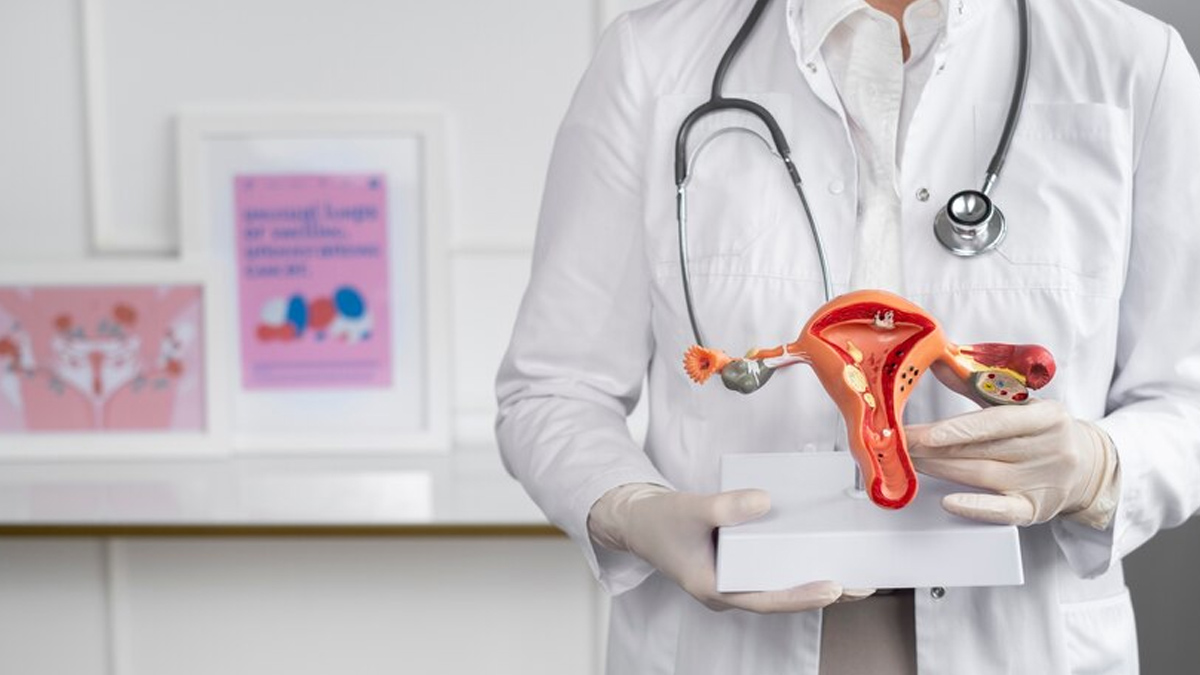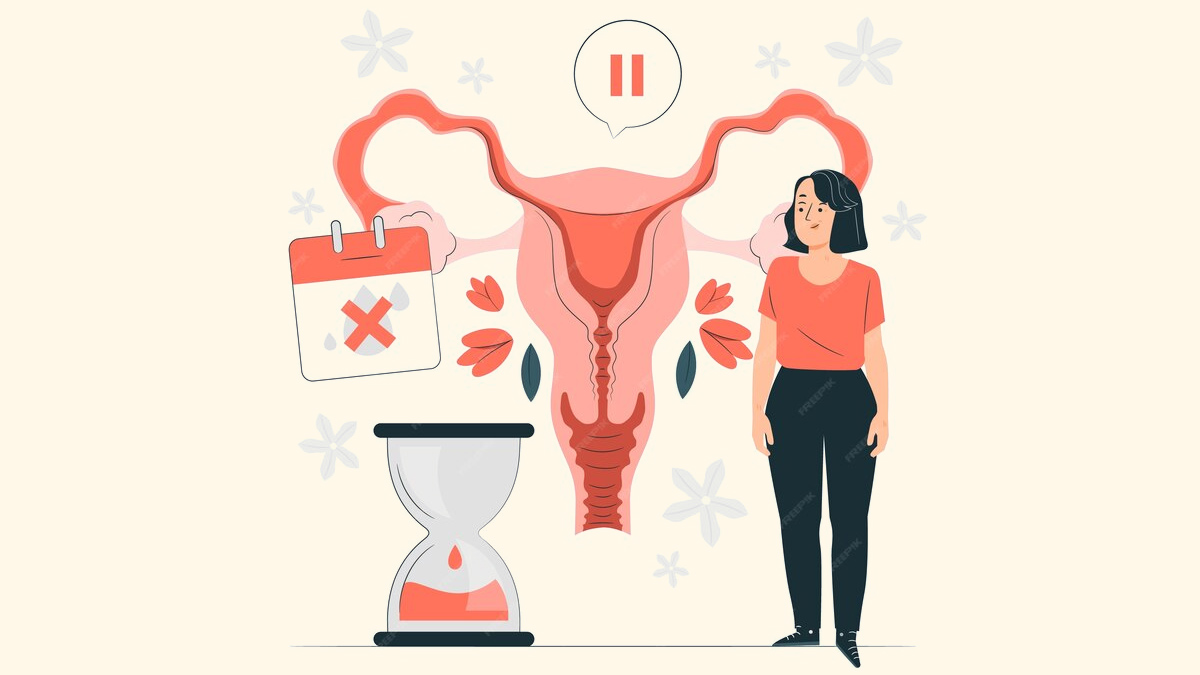
Premature menopause, also known as premature ovarian insufficiency (POI) or premature ovarian failure (POF), occurs when a woman’s ovaries stop functioning before the age of 40. This condition can be challenging both physically and emotionally, as it affects not only fertility but also overall health and well-being. Understanding the symptoms and learning coping strategies are crucial for managing this condition effectively.
Table of Content:-
Symptoms of Premature Menopause
1. Irregular Menstrual Cycles
One of the primary symptoms of premature menopause is irregular periods. Women may experience shorter or longer menstrual cycles, or they may skip periods altogether.
2. Hot Flashes
Hot flashes are sudden feelings of heat, often accompanied by sweating and flushing of the face and neck. They can be uncomfortable and disruptive to daily life.
3. Vaginal Dryness
Decreased oestrogen levels can lead to vaginal dryness, itching, and discomfort during intercourse.

Also Read: Oestrogen Detoxification: Expert Shares A Comprehensive Guide to Hormone Balance and Wellness
4. Mood Swings
Hormonal fluctuations associated with premature menopause can cause mood swings, irritability, anxiety, and depression.
5. Sleep Disturbances
Many women with premature menopause experience difficulty sleeping, including insomnia and waking up frequently during the night.
6. Decreased Libido
Changes in hormone levels can lead to a decrease in sexual desire and arousal.
Coping Strategies for Premature Menopause
1. Seek Support
Coping with premature menopause can be challenging, so it's essential to seek support from healthcare professionals, friends, family, or support groups. Talking to others who have experienced similar challenges can provide comfort and valuable insights.

2. Hormone Replacement Therapy (HRT)
HRT involves taking oestrogen and sometimes progestin to replace the hormones that the ovaries are no longer producing. HRT can help alleviate symptoms such as hot flashes, vaginal dryness, and mood swings. However, it's essential to discuss the risks and benefits of HRT with a healthcare provider, as it may not be suitable for everyone.
Also Read: Expert Unveils the Link Between Smoking, Weight Gain, and Belly Fat Accumulation
3. Lifestyle Modifications
Certain lifestyle changes can help manage symptoms of premature menopause. These include maintaining a healthy diet, exercising regularly, practising stress-reduction techniques such as yoga or meditation, and getting enough sleep.
4. Vaginal Moisturisers and Lubricants
Over-the-counter vaginal moisturisers and lubricants can help relieve vaginal dryness and discomfort during intercourse. These products are available in various forms, including gels, creams, and lubricated condoms.
5. Cognitive Behavioral Therapy (CBT)
CBT is a type of therapy that focuses on changing negative thought patterns and behaviours. It can be beneficial for managing mood swings, anxiety, and depression associated with premature menopause.
6. Bone Health
Oestrogen plays a crucial role in maintaining bone density, so women with premature menopause are at an increased risk of osteoporosis. It's essential to ensure an adequate intake of calcium and vitamin D through diet and supplements, as well as engaging in weight-bearing exercises to support bone health.
7. Fertility Counselling
Premature menopause can be emotionally distressing, especially for women who were planning to have children. Fertility counselling can provide guidance and support for exploring alternative options such as egg donation or adoption.
Bottomline
Premature menopause can have significant physical and emotional effects on women's lives. However, with proper support and coping strategies, women can manage symptoms effectively and maintain their overall health and well-being. It's essential to seek support from healthcare professionals and loved ones and explore various treatment options to find what works best for individual needs. Remember, you are not alone, and there are resources available to help you navigate this journey.
Also watch this video
Read Next
Understanding IVG: New Technology To Combat Reproductive Woes of Infertile and Same-Sex Couples
How we keep this article up to date:
We work with experts and keep a close eye on the latest in health and wellness. Whenever there is a new research or helpful information, we update our articles with accurate and useful advice.
Current Version